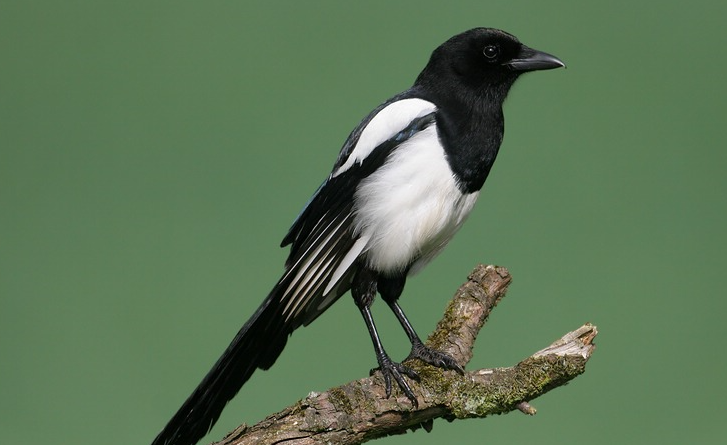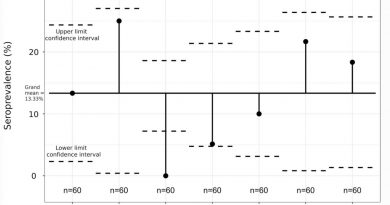Previous Usutu Virus Exposure Partially Protects Magpies ( Pica pica) against West Nile Virus Disease But Does Not Prevent Horizontal Transmission
Abstract
The mosquito-borne flaviviruses USUV and WNV are known to co-circulate in large parts of Europe. Both are a public health concern, and USUV has been the cause of epizootics in both wild and domestic birds, and neurological cases in humans in Europe. Here, we explore the susceptibility of magpies to experimental USUV infection, and how previous exposure to USUV would affect infection with WNV. None of the magpies exposed to USUV showed clinical signs, viremia, or detectable neutralizing antibodies. After challenge with a neurovirulent WNV strain, neither viremia, viral titer of WNV in vascular feathers, nor neutralizing antibody titers of previously USUV-exposed magpies differed significantly with respect to magpies that had not previously been exposed to USUV. However, 75% (6/8) of the USUV-exposed birds survived, while only 22.2% (2/9) of those not previously exposed to USUV survived. WNV antigen labeling by immunohistochemistry in tissues was less evident and more restricted in magpies exposed to USUV prior to challenge with WNV. Our data indicate that previous exposure to USUV partially protects magpies against a lethal challenge with WNV, while it does not prevent viremia and direct transmission, although the mechanism is unclear. These results are relevant for flavivirus ecology and contention.




